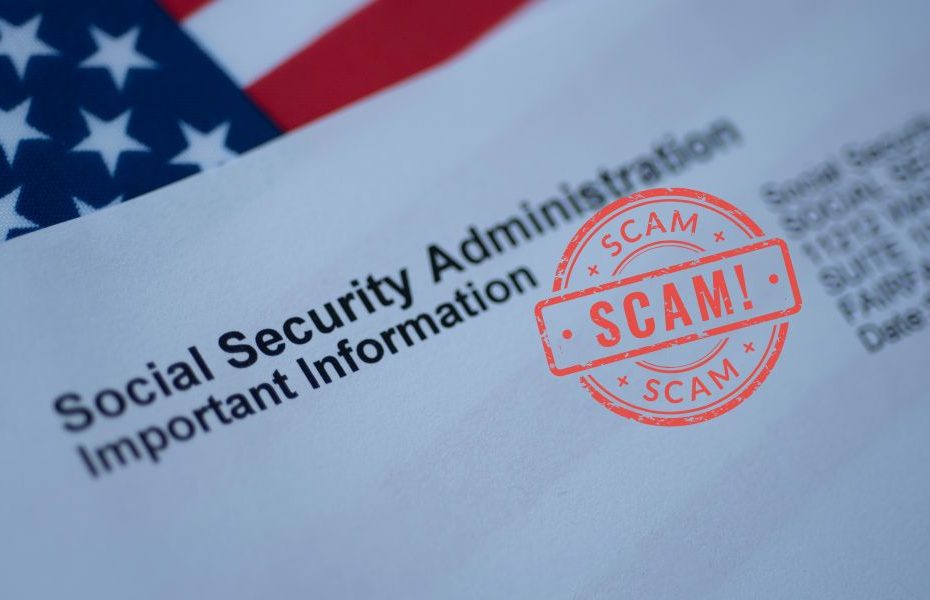It’s Slam the Scam Day—a day the Social Security Administration (SSA) designated to raise awareness about Social Security and government imposter scams. The event (held annually as part of the Federal Trade Commission’s National Consumer Protection Week) was launched in 2020 to educate the public on ways to recognize and combat the most common scams.
So, in honor of the 4th Annual Slam the Scam Day, let’s review the telltale signs of common Social Security and government imposter scams.
Signs of a Scam
Scammers impersonating the SSA (or other government employees) use a variety of tactics to trick people into giving up personal information or money. These scammers often play upon their victim’s fear by claiming a crisis linked to their Social Security number. They escalate the warning by threatening legal action or arrest if payment isn’t provided. Fortunately, the SSA has offered tips to help us protect ourselves from fraudulent calls, emails, letters, texts, or messages on social media.
Remember, real government officials will NEVER:
- Threaten you with arrest or legal action because you don’t agree to pay money immediately.
- Suspend your Social Security number.
- Claim to need personal information or payment to activate a cost-of-living adjustment (COLA) or other benefit increase.
- Pressure you to take immediate action, including sharing personal information.
- Ask you to pay with gift cards, prepaid debit cards, wire transfers, cryptocurrency, or by mailing cash.
- Threaten to seize your bank account.
- Offer to move your money to a “protected” bank account.
- Demand secrecy.
Time to Slam the Scam!
If you receive a suspicious call from someone claiming to be from a government agency, hang up the phone. Likewise, if you receive a text, letter, email, or social media message from someone threatening legal action unless you fork over cash, ignore the message. Then, report the scam to your financial institution, the state, and the SSA Office of the Inspector General.
“As public servants, we must use every tool at our disposal to raise awareness and protect the American people against Social Security imposter scams,” said Martin O’Malley, Commissioner of Social Security. “Scammers use fear and deception to scare people out of their critical benefits. We urge everyone to protect their personal information, remain vigilant, do not give money, and report any scam attempts to oig.ssa.gov.”
To learn more about government imposter scams, visit the Federal Trade Commission website or check out our Security Library. Happy scam-busting!

